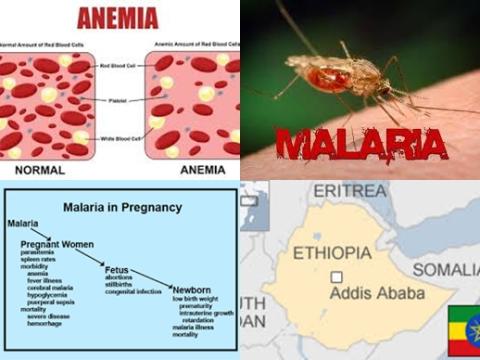
Objectives:
There is no agreed standard method to assess the efficacy of antimalarial drugs for uncomplicated falciparum in pregnancy despite an increased risk of adverse outcomes for the mother and the fetus. Therefore, this review article (meta-analysis) has been conducted.
The aim of this review article is to update the currently available efficacy data of artemisinin-based treatments (ABT) and quinine-based treatments (QBT) from both observational and interventional cohort studies in all trimesters with uncomplicated falciparum malaria.
Study design:
This review article included 48 studies with 7,279 treated Plasmodium falciparum episodes, of which 22 RCTs comparing two or more treatment regimens.
14 studies included women treated with QBT, 40 studies included ABT and 6 studies included both. Altogether, 6244 and 1035 episodes were treated with ABT or QBT, respectively.
First trimester women were included in 12 studies none of which were, however, RCTs of ABT treated.
Results and conclusions:
The investigators found that while polymerase chain reaction (PCR) was used in 24 studies for differentiating recurrence, the assessment and reporting of treatment efficacy was heterogeneous.
The investigators found when the same definition could be applied, PCR-corrected treatment failure of ≥ 10% at any time points was observed in 3/30 ABT and 3/7 QBT arms.
The investigators found in 5 RCTs compared ABT and QBT that the risk of treatment failure was significantly lower in ABT than in QBT [risk ratio = 0.22, 95% CI = 0.07-0.63], although the actual drug combinations and outcome endpoints were different. There was no evidence for asymmetry of the funnel plot suggesting publication bias [p = 0.7].
However, none of these 5 RCTs included pregnant women in the first trimester.
The investigators concluded that efficacy studies in pregnancy are not only limited in number but use varied methodological assessments. In 5 RCTs with comparable methodology, ABT resulted in higher efficacy than QBT in the second and third trimester of pregnancy. Individual patient data meta-analysis can include data from observational cohort studies and could overcome some of the limitations of the current assessment given the paucity of data in this vulnerable group.
Original title:
Systematic literature review and meta-analysis of the efficacy of artemisinin-based and quinine-based treatments for uncomplicated falciparum malaria in pregnancy: methodological challenges by Saito M, Gilder ME, […], Guérin PJ.
Link:
https://www.ncbi.nlm.nih.gov/pmc/articles/PMC5729448/
Additional information of El Mondo:
Find more information/studies on food fortification/malnutrition, pregnancy and study design/meta-analysis/significant right here.